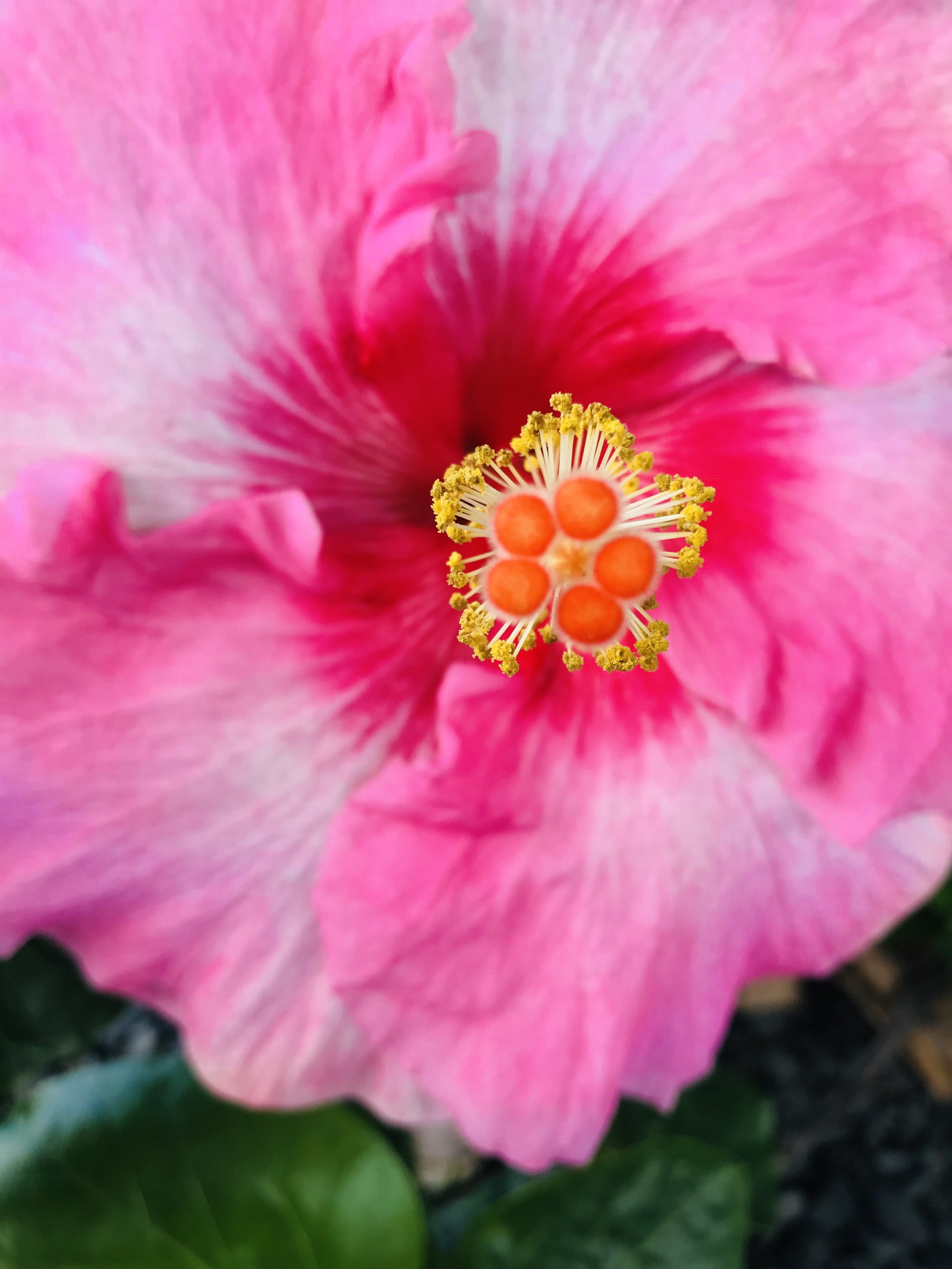Relational Artistry & Emotional vulnerability
deepening our relationships through vulnerability & Emotional Intimacy
Most relationships, lovers, family, work, social - will skim the outer layers of relational intimacy. In fact, if we think back to our first lovers, that is how most people connect - most dating apps are designed this way also. So how do we get deeper? Many people think “sex, travel, shared house, marriage, kids, grandkids” - these are still activities, possibly transactions. What happens when we run out of activities and transactions that we can connect on?
“our initiation to deeper relationships begins when we are ready to get unpleasantly vulnerable”
Vulnerability comes much more readily when we feel safe. Without safety, we feel like walking onto the battlefield with no armour. We require a safe space, free of emotional weaponization, projections of fear, shame and disgust, judgement - to truly own and accept our hurtful behaviours. There cannot be forgiveness without first ownership and acceptance - responsibility of deep healing, not temporary relief. It only makes it more difficult to own up to your own hurtful behaviours if others are casting shame, disgust and fear onto you. If we agree to the new rules and conditions set by labels such as “toxic masculinity”, “narcissistic partner”, “energy vampirism”, “feminism”, there can be no true healing, as hurtful thoughts and behaviours go back into the shadows, waiting for, or creating, another drama event to release all our trapped anger -an explosion of rage.
“an intimate relationship is.. a place ripe with transformational possibility, a sanctuary for the deepest sort of healing and awakening..”
Raw Authenticity
If we peel back all of the layers of learned responses to our emotions, we return to who we are at the core. The more deeply we know and are intimate with our emotions, the deeper and more fulfilling our lives will be. If we do not do this, we are living a multitude of personas we have created, an actor, different to our authentic self, as a mechanism and tool for ‘coping’ and conditioning in the world environment we live in.
Emotional health and intimacy have three important components (1) our ability to feel emotions and identify them and (2) our ability to express and share our emotions (3) all with heart felt empathy.
Without emotional intimacy, relationships become sticky – no matter how much we hold in common - activities, interests, passions - it leaves us separated from the relational intimacy for which we yearn. If we are parents, our children will learn to normalise emotional reactivity and disconnection. If we are partners, our partner will adapt to emotional reactivity and disconnection. All too easily, we simply act out our unhealed wounds through our emotional expression or lack of, in unawareness. When we wake up to this and do what it takes to develop and deepen emotional intimacy, our relationships start to become less of a war zone and more of a sanctuary. They become more nourishing, more authentic.
“WORKING WITH OUR EMOTIONS IS ABOUT RIGHT SIZING IT - JUST LIKE SIGHT. PLACED TOO CLOSE TO US, IT’S TOO INTENSE TO SEE. TOO FAR AWAY FROM US, WE CANNOT SEE IT AT ALL - BLIND”
Today's morning feeling...
What does emotional health NOT look like?
Some people believe that to be emotionally healthy is to be happy most of the time, not to feel angry or show it. Some people believe that it is not good to feel angry, not to feel ashamed if they are angry or frustrated. Some people feel that not showing sadness, grieving, crying is to be strong. Some people feel that to feel fear is to be weak and that we must overcome it.
They feel that they should show no weakness; emotional stoicism; aggressiveness; holding it together and not losing face, no matter what’s going on; sucking it up. Keeping it together emotionally, not losing one’s cool.
We are about to show you a new perspective to emotional health. To be alive is to feel and experience and connect with of all our emotions.
The relational art
What does emotional health look like?
When we are born, every emotion we feel, we feel deeply. We have no control of what emotions arise. As we grow up, we learn different behaviours in response to our emotions. When we grow up, we are not aware that our behavioural response to our emotion is a choice. We learn this from our environment and assume that it is ‘the only way’.
Our 7 Primary Emotions
Emotional Literacy
Our ability to understand and connect with our emotions enables us to become more aware of our emotionally driven behaviours. Our ability to express our emotions depends greatly on our ability to label what we are feeling. Although emotions can seem overly complicated, they can be broken down into 7 primary emotions and then often they are experienced as multiple combinations of these 7 primary emotions.
“emotional weaponisation - projected shame, fear, disgust - is the most widely used warfare tool used to control others for our own agendas”
- Chris Cheung






